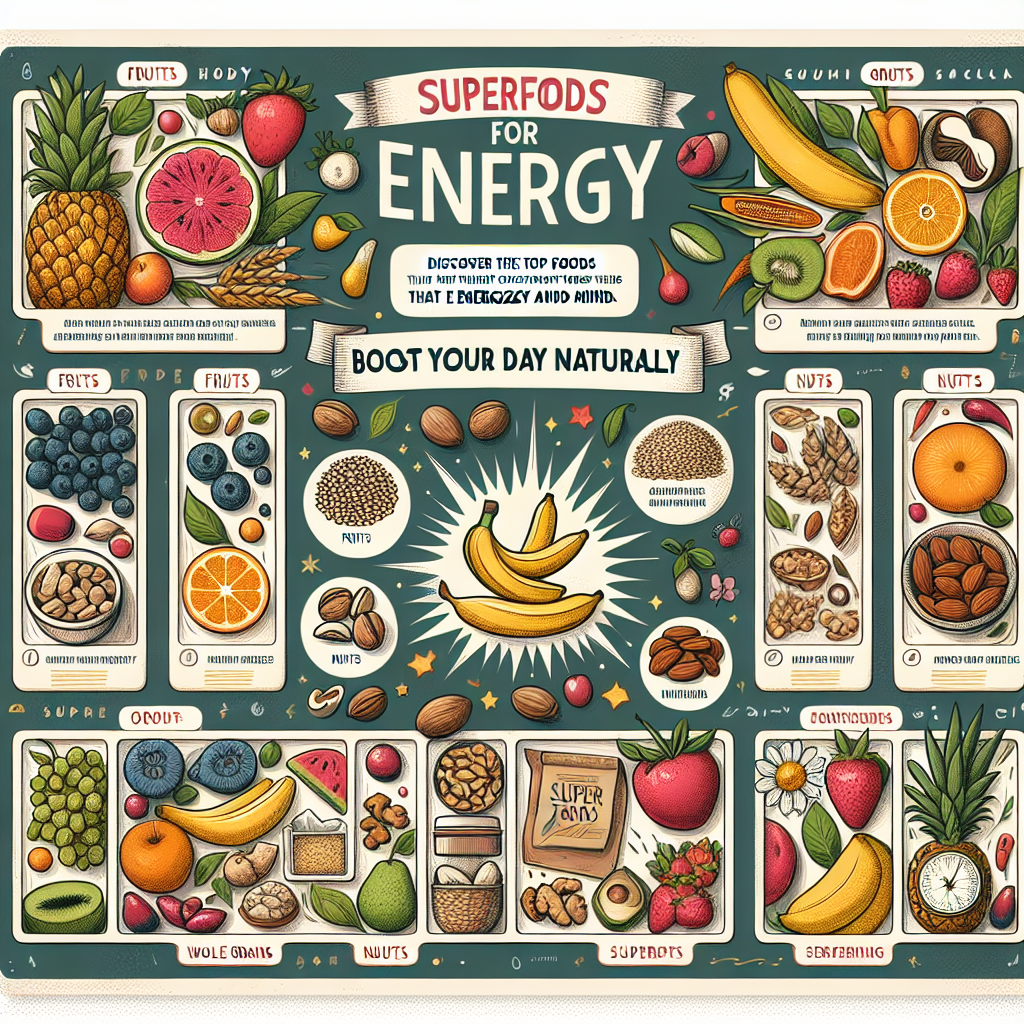Amazing Health benefits of daily intake of peanuts in winters
1. Nutrient-Rich Profile
Peanuts are packed with essential nutrients. A one-ounce serving provides about 7 grams of protein, 6 grams of carbohydrates, and healthy fats. They are also rich in vitamins E, B3, and folate, as well as minerals such as magnesium and phosphorus. This nutrient density helps in boosting overall health, especially during the winter months when the body needs extra energy.
2. Boosts Immune System
During winter, the likelihood of illnesses increases. Peanuts contain antioxidants like resveratrol, which help strengthen the immune system. A study suggests that regular consumption of nuts can reduce the risk of infections by improving immune responses, thus potentially leading to a healthier winter season.
3. Supports Heart Health
Heart disease risk tends to rise in colder months. Peanuts are a good source of monounsaturated fats, which are beneficial for heart health. Research indicates that eating just a handful of nuts daily can lower the risk of heart disease by 30%. Their high fiber content also helps reduce cholesterol levels.
4. Provides Energy
With shorter days and colder temperatures, energy levels can dip. Peanuts are an excellent source of energy due to their high fat and protein content. A single serving can provide around 168 calories, making them an ideal snack to keep you energized throughout the day.
5. Keeps Skin Healthy
Cold weather can dry out your skin. Peanuts contain healthy fats and vitamins that help maintain skin hydration. Vitamin E is particularly useful in providing moisture and can protect skin cells from damage. Regular intake can result in better skin health during the harsh winter months.
6. Aids Weight Management
Many people struggle with weight gain during winter due to decreased physical activity. Peanuts can aid in weight management as their high protein and fiber content increases feelings of fullness. Studies have shown that including nuts in the diet can lead to better weight control compared to low-nut diets.
7. Regulates Blood Sugar Levels
For those with diabetes or at risk of developing it, peanuts can be a beneficial addition to the diet. They have a low glycemic index and can help keep blood sugar levels stable. Regular consumption can lead to improved blood sugar control, crucial in winter when cravings for sugary comfort foods are common.
8. Enhances Brain Health
Cold weather can lead to seasonal affective disorder, affecting mood and cognitive function. Peanuts contain vitamin B3, which is associated with improved brain function. Including peanuts in your daily diet can thus support cognitive health and mood stability during the winter months.
In summary, incorporating peanuts into your daily diet during winter can offer numerous health benefits, from boosting immunity to enhancing energy levels. With their delicious taste and versatile usage in meals and snacks, they can be an enjoyable and healthful addition to your winter nutrition.




Post Comment